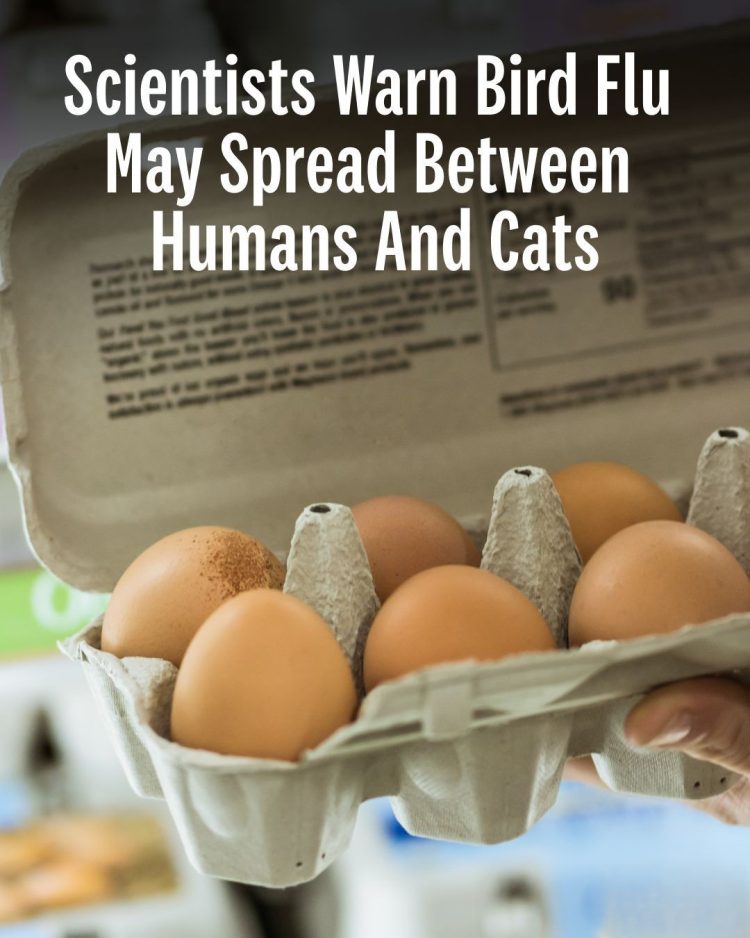Eye redness
Mild flu-like upper respiratory symptoms
Pneumonia
Fever or feeling feverish
Cough
Sore throat
Runny or stuffy nose
Muscle or body aches
Headaches
Fatigue
Shortness of breath or difficulty breathing
Diarrhea
Nausea
Vomiting
Seizures
How concerned about this should people be?
Dr. Schaffner says he’s increasingly heard questions about pets getting bird flu. While he says outdoor cats are the biggest concern, given that they may mouth or play with dead birds or even catch infected birds, there is “potential” that dogs may get infected, too.
While Dr. Russo says it’s “biologically plausible” to get bird flu from your pet, he also points out that this is less likely if you have an indoor pet.
If you’re worried about your pet becoming infected with bird flu, Dr. Schaffner suggests doing your best to keep them indoors or away from dead or sick animals by keeping a close eye on them when they’re outside. It’s also important not to feed your pets raw food or unpasteurized milk, Kornreich says.
Dr. Schaffner recommends being cautious when you interact with birds, too, to protect you and your pets. “If you want to fill up your bird feeder or change the water in your bird bath, wear surgical-style gloves and wash your hands well afterward,” he says.
But if you have a cat and they develop symptoms of bird flu, Kornreich says it’s important to isolate your cat from other people and pets. “Thoroughly wash your hands before and after interacting with your cat, and try to change your clothes afterward,” he says.
Kornreich also recommends calling your pet’s vet, but not bringing your cat in to be seen right away. “It’s important for your vet to take appropriate precautions first to protect themselves and other patients,” he says.
As for the risk of getting sick from your pet, Dr. Russo says this is unlikely to be a big issue for most Americans. “I wouldn’t rule it out but, at this time, the risk seems to be close to zero,” he says.
Overall, Kornreich recommends that pet owners just do their best to stay informed about the latest information around bird flu and pets. “It’s really important not to panic,” he says.
